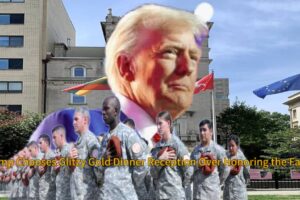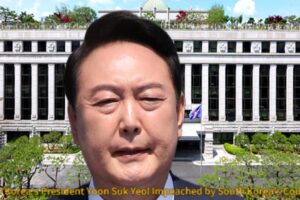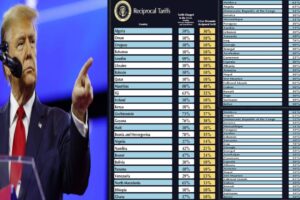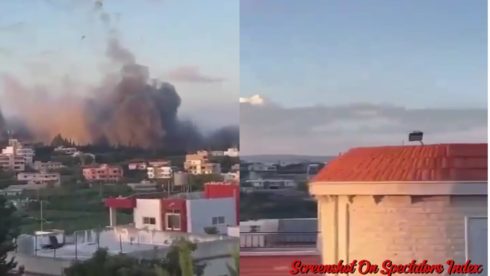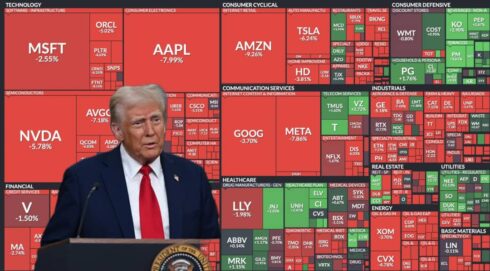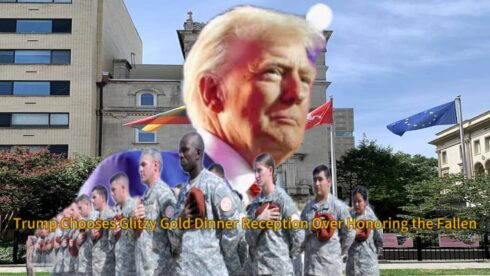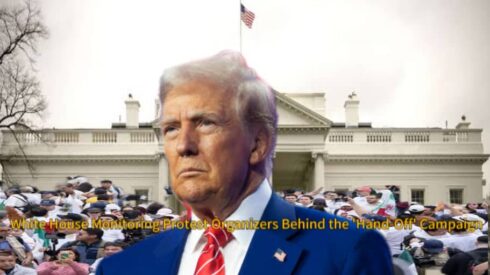Israel and Hezbollah have reached a new height on the conflict going on between the two of them, with the Israeli military intensifying its airstrikes on Hezbollah positions in southern Lebanon. These strikes come in response to increased militant activity along the border, including missile launches and attempts at infiltration by Hezbollah forces. Israel’s Defense Forces (IDF) have retaliated with targeted air raids and artillery bombardments aimed at weakening Hezbollah’s military infrastructure.
This escalation follows several weeks of mounting tensions, raising fears of a broader conflict between Israel and Lebanon. The Israeli government has warned Hezbollah that any further provocations would result in more severe military action. International observers have voiced concerns over the potential for this border conflict to destabilize the region further, with many calling for restraint on both sides.
Hezbollah’s Response and Increased Mobilization
In response to the Israeli strikes, Hezbollah has reportedly begun mobilizing additional forces in southern Lebanon. The militant group, which is backed by Iran, has threatened retaliation for what it calls “aggressive actions” by Israel. Hezbollah’s leader, Hassan Nasrallah, has condemned the airstrikes, vowing to defend Lebanese sovereignty and warning of “grave consequences” if the attacks continue.
This mobilization comes amid increasing pressure on Hezbollah from both domestic and international actors. While Hezbollah remains a significant political and military force in Lebanon, the country’s fragile political environment and ongoing economic crisis may limit its ability to engage in a prolonged conflict. However, Hezbollah’s rhetoric indicates its readiness to confront Israeli forces if provoked further.
Civilian Casualties and Displacement on the Rise
As the conflict intensifies, concerns over civilian casualties and displacement have grown. Southern Lebanon is home to a large civilian population, and many residents have been forced to flee their homes due to the airstrikes and artillery shelling. Local Lebanese authorities report damage to civilian infrastructure, including homes, schools, and hospitals, as a result of the ongoing hostilities.
Humanitarian organizations have called for an immediate ceasefire to allow for the safe evacuation of civilians and to provide critical aid to those affected. The United Nations has also urged both sides to avoid targeting civilian areas and abide by international humanitarian law. Despite these pleas, the situation remains dire, with more than 10,000 people displaced in just a few days.
Regional and International Reactions to the Conflict
The escalation of violence between Israel and Hezbollah has drawn widespread international attention. The United States, a close ally of Israel, has expressed support for Israel’s right to defend itself but has also called for restraint to avoid further civilian suffering. Meanwhile, Iran, a key backer of Hezbollah, has condemned the Israeli strikes, warning of potential repercussions if the situation deteriorates further.
Regional powers, including Saudi Arabia and Egypt, have expressed concern about the potential for the conflict to spread, potentially drawing in other actors in the Middle East. The Arab League has issued statements calling for a de-escalation of hostilities, emphasizing the need for diplomacy to prevent a wider war in the region.
Strategic Military Goals of the Israeli Defense Forces
The Israeli military’s strikes on Hezbollah are part of a broader strategic objective to neutralize the militant group’s growing capabilities. Hezbollah has amassed a significant arsenal of rockets and missiles, many of which are capable of reaching deep into Israeli territory. Israeli officials have stated that their military operations aim to destroy Hezbollah’s stockpiles of advanced weapons and prevent future attacks on Israeli cities.
To this end, the IDF has employed a combination of airstrikes, artillery bombardments, and ground operations to target key Hezbollah infrastructure, including command centers, rocket launchers, and supply routes. The Israeli military has also ramped up surveillance operations in the region to monitor Hezbollah’s movements and preempt any potential attacks.
Prospects for Ceasefire and Diplomatic Resolution
Despite the intensifying military campaign, there are growing calls for a ceasefire from the international community. The United Nations, along with various global and regional powers, has urged both Israel and Hezbollah to engage in dialogue to prevent further escalation. Diplomatic efforts have been made behind the scenes, with French and Russian officials reportedly attempting to mediate between the two sides.
However, the prospects for a ceasefire remain uncertain, as both Israel and Hezbollah appear determined to continue their military operations for the time being. While some experts believe that a temporary cessation of hostilities could be achieved through diplomatic pressure, others warn that without addressing the underlying issues—such as Hezbollah’s influence in Lebanon and Israel’s security concerns—the conflict may reignite at any time.



